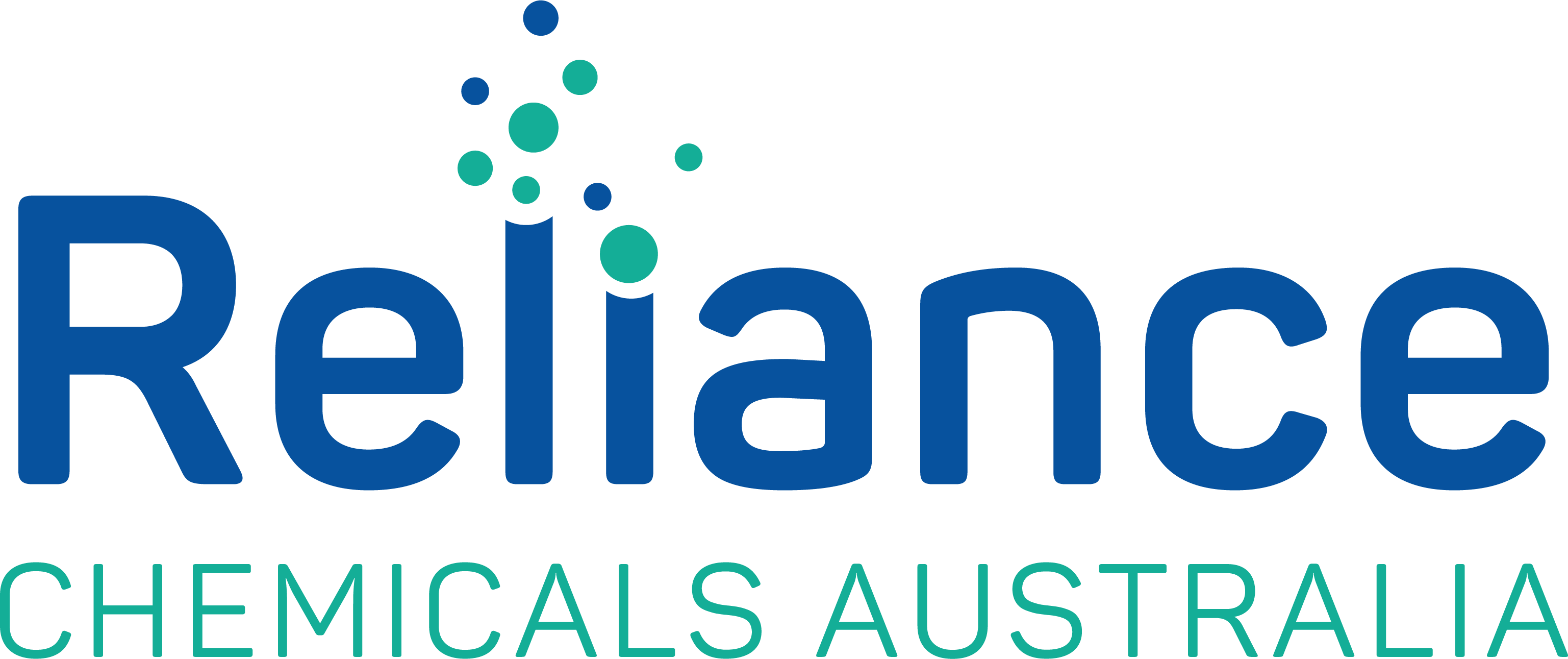Highest quality hygiene and cleaning chemicals

Your work truck is one mean beast. Besides having the raw power and strength to haul heavy cargo, it can withstand exposure to the elements. That being said, even the most sturdy and technologically capable truck needs some maintenance and cleaning every now and then. This is especially true if you’re working in high-humidity environments that encourage rust formation.
Rust is every working truck’s archnemesis. While the automotive industry as a whole has made leaps and bounds when it comes to anti-rust technology, even the best solutions can’t promise 100% protection.
Rust is the byproduct of a chemical reaction between iron (Fe) in metals and oxygen and water. When bare steel is exposed to water, it loses some of its iron particles to the water’s acidic electrolytes. The oxygen then bonds with these electrons and forms hydroxyl ions (OH). The chemical reaction between the iron particles and hydroxyl ions forms hydrous iron oxide (FeOH), better known as rust.
The most common way automobile and truck manufacturers protect their products is by coating them with several layers of scratch-resistant paint. The truck’s underside also typically gets a protective sealant layer because it is most susceptible to rust.
However, depending on workplace conditions, this might not be enough. For example, if you use your truck to move earth, stone, and other bulky cargo from a quarry or a mining excavation, dings and scratches from debris are a guarantee. Rubble kicked from your tires hitting the metal surface of your truck can remove patches of paint, exposing bare metal. Even the smallest of openings can cause corrosion—especially in high-salinity environments where salt can hasten rust formation.
There are many ways to prevent rust from wreaking havoc on your truck. If you want to retain your service truck’s structural integrity for years to come, you will need to do regular and proactive maintenance. Once the rust starts, it can be impossible to stop, making preventive maintenance all the more crucial.
Your truck goes through a lot of stress at work, which means that it will get filthy with each use. Don’t make the mistake of leaving your truck unwashed after a working day, especially if the working conditions mean that high levels of dirt, sand, gravel, and water are regularly lodged in the underside of the vehicle.
Remember that rust can form in as short as two to four days on ideal days—which is why washing your truck every day will go a long way to preventing rust formation.
For good measure, use a truck wash with a rust inhibitor and apply it on the body paintwork, truck curtains, and other metal parts. Pay special attention to the truck’s bed, corners and floors, the exhaust, fenders, and the frame, ensuring that no debris is left. While you’re at it, make it a point to check for any dings and dents where the paint fell off and think of patching these areas immediately.
After washing your truck, it makes sense to park it in an enclosed and temperature-regulated area like a garage or shed. Even a barn will be better than letting your vehicle languish in the open air while not in use.
Rust is a natural reaction, which means that if metal was not protected or treated in some shape or form, it will naturally corrode and form rust. However, even the most robust protection can’t protect your truck’s metal parts forever, so it’s best to take preventative measures. Whenever possible, use a truck wash with a rust inhibitor to ensure your truck’s longevity.
Reliance Chemical’s cleaning solutions are applicable for automotive, hospitality, industrial, mining, construction, and government use in Australia. We do direct-to-market, wholesale, tailored manufacturing white-label, and product training. Optimise how you clean today by letting us tailor a solution specific to your business needs! Contact us today to learn more.

